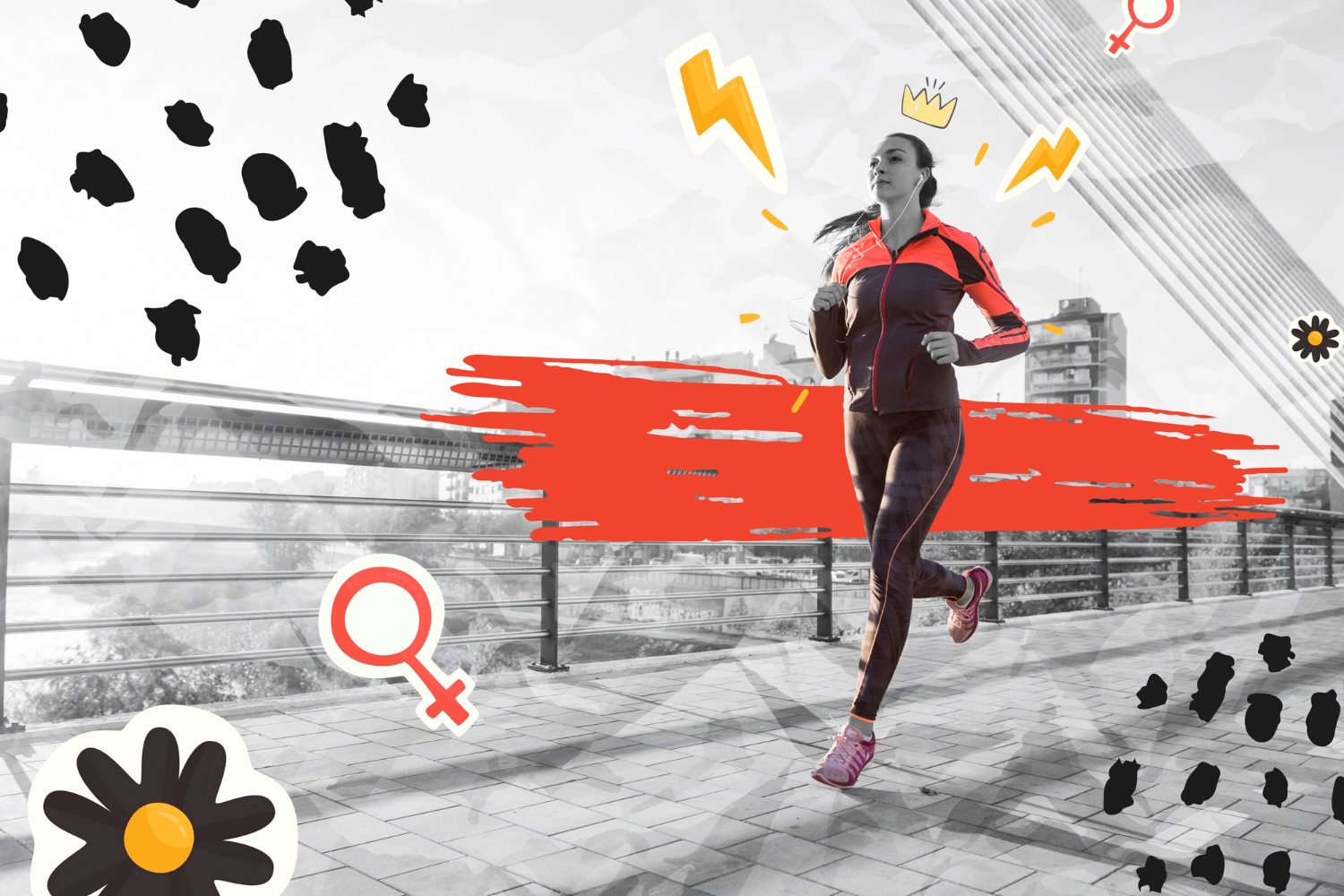Sports for Conflict Resolution and Social Integration

About Course
Have you ever witnessed the magic on a playing field—where rivalry gives way to respect, and a simple handshake can bridge a divide? Sport speaks a universal language, possessing a unique power to unite people where politics, words, and borders fail. But this power is not automatic. It must be harnessed with skill, intention, and a clear purpose.
This course is for the leaders, the coaches, the community builders, and the change-makers who see the potential of sport to do more than just entertain. It is a comprehensive, practical program designed to teach you how to intentionally use sports and play as powerful tools for resolving conflict, fostering social integration, and building lasting peace.
We move beyond the theory and give you a hands-on toolkit to turn your passion for sport into a structured plan for social impact. This course will empower you to transform any playing field into a laboratory for cooperation, understanding, and community building.
Throughout this certification program, you will learn to:
-
Understand the ‘Why’: Discover the core principles of the Sport for Peace movement and how structured play can break down deep-seated social barriers.
-
Lead and Facilitate with Confidence: Master the art of team-building, guiding diverse groups from the natural stages of conflict and mistrust to genuine cohesion and teamwork.
-
Design Inclusive and Impactful Events: Learn the “3 P’s” (Purpose, People, Place) of planning and how to adapt the rules of any game to promote fairness, inclusion, and cooperation over competition.
-
Mediate Conflict and Teach Resolution: Gain a step-by-step framework for turning on-field disputes into valuable learning opportunities, teaching participants how to communicate and find their own solutions.
-
Measure and Prove Your Impact: Move from feeling like you made a difference to knowing it, using simple, practical tools to monitor your social outcomes and tell a compelling story of your success.
Who is this course for?
This course is designed for anyone on the front lines of community work, including:
-
Youth Sports Coaches and Administrators
-
Community Organizers and Youth Workers
-
Educators and Physical Education Teachers
-
Peacebuilders and staff of Non-Governmental Organizations (NGOs)
-
Social Workers and Refugee Integration Specialists
-
Anyone passionate about leveraging the power of sport for positive social change.
If you believe that a ball can build a bridge and a team can build a community, this course will give you the skills to make it happen.
Enroll today and learn how to use the power of play to change the world.
Course Content
Role of Sports in Peacebuilding
-
Detailed Lesson Content
-
Key Takeaways/Summary
Team Dynamics and Leadership
Organizing Inclusive Sports Events
Conflict Mediation Through Play
Monitoring Social Outcomes
Final Exam
Certification: Sport & Peace Facilitator
Student Ratings & Reviews
